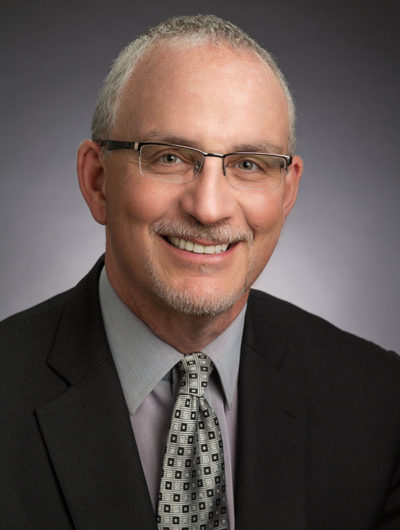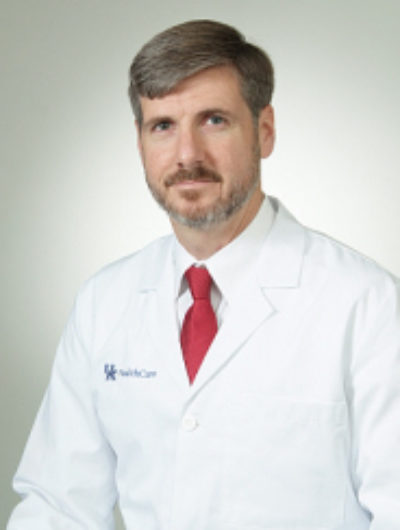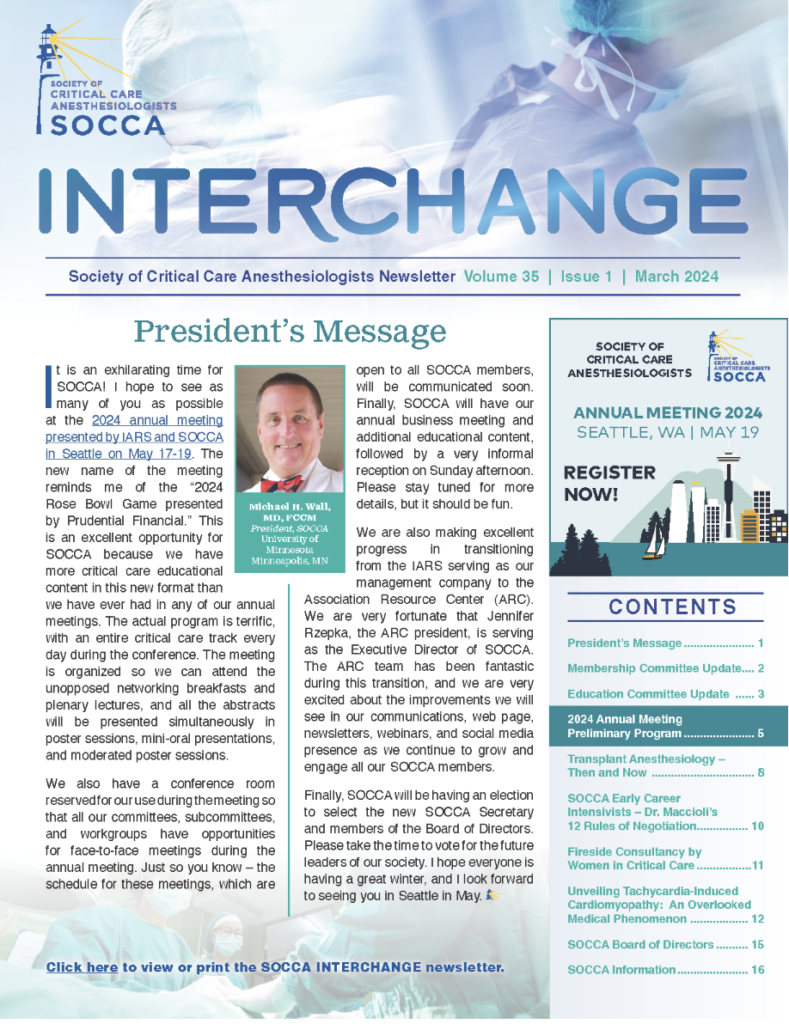A Brief Conversation with…Todd Dorman
 Dr. Todd Dorman MD, FCCM is the Senior Associate Dean for Education Coordination, the Associate Dean of Continuing Medical Education, the Vice-Chair for Critical Care and a Professor of Anesthesiology and Critical Care Medicine at the Johns Hopkins University School of Medicine. He is a past president of the Society of Critical Care Anesthesiologist and the Society of Critical Care Medicine and was the 2017 SOCCA Lifetime Achievement Award Winner.
Dr. Todd Dorman MD, FCCM is the Senior Associate Dean for Education Coordination, the Associate Dean of Continuing Medical Education, the Vice-Chair for Critical Care and a Professor of Anesthesiology and Critical Care Medicine at the Johns Hopkins University School of Medicine. He is a past president of the Society of Critical Care Anesthesiologist and the Society of Critical Care Medicine and was the 2017 SOCCA Lifetime Achievement Award Winner.
Can you briefly describe the path you took to become a Critical Care Anesthesiologist?
Although many people would probably answer this question starting in medical school, I consider the development of my specific interest in science, and specifically physiology, built from my time and teachers during my undergraduate studies, as the start of my career. In those days, I had a keen interest in kidney physiology, which developed into a strong consideration for a career in either nephrology or urology after medical school. Eventually, I decided on an internal medicine residency and settled on critical care medicine because it combined my interests in physiology, including kidney physiology, nutrition, patient care, procedures, and patient-family interactions. During one of my resident ICU rotations, I had the good fortune to round with an anesthesiologist who covered some of the time in the ICU. I soon realized that adding the knowledge and skills base of anesthesiology could dramatically improve my ability to provide critical care to patients. I decided, then, after my medicine residency, to continue with an anesthesiology residency and eventually a critical care medicine fellowship.
What people were most important in developing that path? How did you develop your relationship with those people?
Prior to medical school, my science-based faculty (in both high school and college) stimulated my search for knowledge and mental exploration of the unknown and to aim for new learning. Truthfully, there was a constellation of individuals that ultimately pushed me to improve my knowledge, my life experiences and my drive to succeed. While on some levels, medical school, because of its structure, was an unfulfilling educational experience, my residencies and fellowship were very different because the administrative and educational leadership across the departments fostered an environment for educational success. Throughout my training, I caught on to the enthusiasm of my educators, which fed into my own enthusiasm for learning. I developed a network of mentors, not just a single mentor, which provided a robust but diverse perspective on my growth and experiences over the years.
What was the most important advice that your mentors gave you?
Early in my career, I discussed my prospects for promotion with one of the department leadership. He looked at my CV and challenged me to clarify, both to myself and to him, what “story” I wanted to tell with my academic career. Did I want to be a physiologist, an educator, an administrator or an IT expert? He noted that the activities on my CV were not in alignment with the “story” and “successes” I told about myself. Were the committees, research, publications and other items on my CV telling the story that I wanted to tell about my “academic life” or did I have a significant mismatch between what I said I wanted to do and what I really spent my time and energy doing? I realized, with his help, that promotion, at any level, occurred when the actions taken in my job supported and reinforced my own “story”. As a junior faculty member, it’s appropriate to try many things, but focus and clarity are eventually needed for long-term success.
What do you consider your greatest career success?
While I’m not sure that it answers your question, at this point, I’m most proud of progressively being a better husband and father…of building and developing a family. It’s hard work to build a family and I’ve learned, as many others have, that while kids are fun they are as much work as anything else in life. Early in my life, I didn’t want to be a workaholic but I had made a commitment to my patients and my patients came first. I communicated that reality to my wife and to my children and while I wasn’t always able to attend every single event in my children’s lives, I made sure that they always knew that I was deeply involved in their lives. Fortunately, I was able to leverage computers and evolving technologies to make my work life fit with my family’s life events…to stay engaged with my family when I couldn’t physically be present. The goal was to always make my family feel needed and loved, regardless of where I was at that moment.
What advice do you have for fellows and/or junior faculty in our specialty?
My academic career, like many people, began in "fits and starts". I started in a research lab with a respected mentor that, despite my hard work, did not pan out and ultimately only developed profoundly negative results. But I learned a lot from that experience. I went to research conferences and learned by osmosis how to think like a scientist and developed habits as a scientist that continue today. Throughout my career I learned that each failure was ultimately a learning opportunity. So, my advice would be: “Be willing to fail…but be willing to learn from those failures.” To constantly ask, “What can I learn from what just occurred? How can I be a better person and better clinician and scientists from this experience?”




































